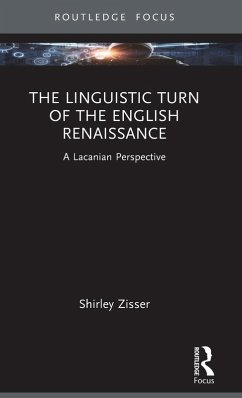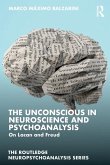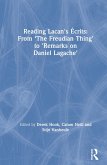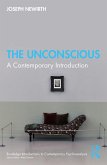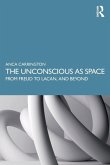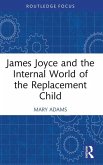The Linguistic Turn of the English Renaissance: A Lacanian Perspective examines a selection of cultural phenomena of the English Renaissance, all of which include a focus on language, from a Lacanian perspective.
The book examines four inter-related cultural symptoms of the English Renaissance: the paucity of painting, the interest in rhetoric, the emergence of a literary style focusing on form and a fascination with the myth of Orpheus. The book argues that the English Renaissance, an apex of rhetorical theory, can offer psychoanalysis further knowledge concerning the intrication of language and flesh, especially where feminine jouissance is at stake. These language-centred phenomena emerge against the backdrop of a peculiar configuration of the visual field, which in contrast to other cultures of the European Renaissance is largely barren of painting other than portraiture.
The book will be of interest to psychoanalysts, scholars of Renaissance culture and those interested in the psychoanalytic study of culture.
The book examines four inter-related cultural symptoms of the English Renaissance: the paucity of painting, the interest in rhetoric, the emergence of a literary style focusing on form and a fascination with the myth of Orpheus. The book argues that the English Renaissance, an apex of rhetorical theory, can offer psychoanalysis further knowledge concerning the intrication of language and flesh, especially where feminine jouissance is at stake. These language-centred phenomena emerge against the backdrop of a peculiar configuration of the visual field, which in contrast to other cultures of the European Renaissance is largely barren of painting other than portraiture.
The book will be of interest to psychoanalysts, scholars of Renaissance culture and those interested in the psychoanalytic study of culture.

